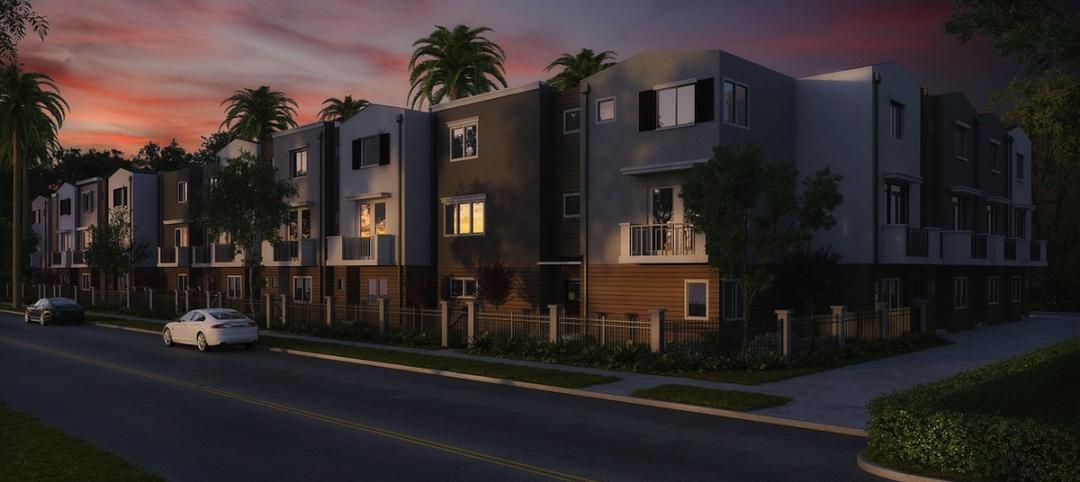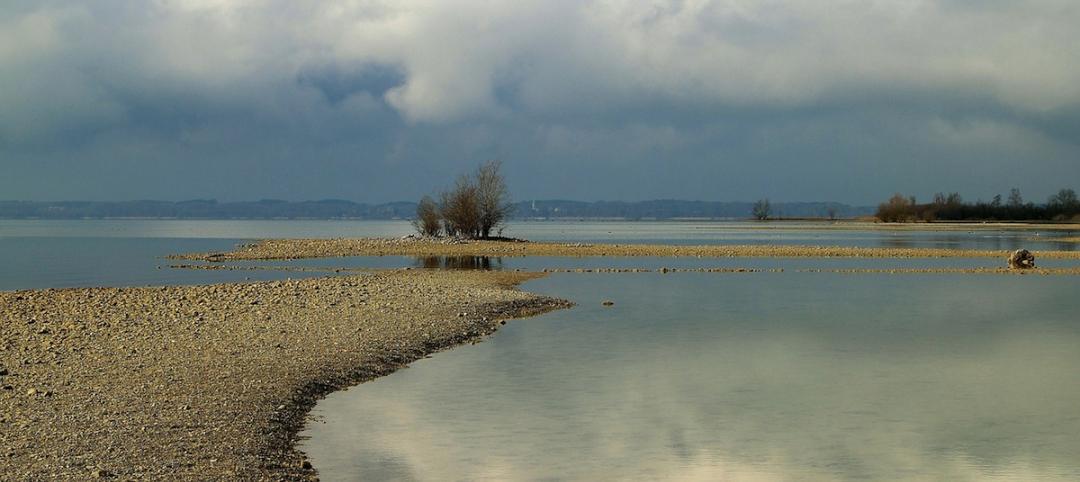Transportation accounts for more than a quarter of U.S. carbon emissions, making it the largest source of U.S. carbon emissions.
This sector surpassed power generation in 2017 as the top emitter. Urban sprawl, and the transportation challenges it presents, is one of the reasons for this development. Some argue that climate change can’t be mitigated without addressing this issue—even if power generation goes completely green.
The U.S. House of Representatives’ Committee on Transportation and Infrastructure recently addressed this issue and raised some solutions. Among them was the need to view infrastructure and climate change as linked issues, not separate ones.
Though no consensus emerged from the deliberations, one view was that low-carbon and storm-resilient transportation systems including public transit should be priorities. Also, climate resiliency should include natural solutions such as restored wetlands.
Related Stories
Codes and Standards | May 7, 2015
Several states moving to repeal prevailing wage laws
Anti-prevailing wage bills that apply to state-funded construction projects have been passed in West Virginia and Nevada. Similar laws could be passed in Indiana and Illinois.
Codes and Standards | May 7, 2015
New OSHA rule aimed at protecting construction workers in confined spaces
The agency says the rule will protect about 800 workers a year from serious injury.
Codes and Standards | May 1, 2015
Colorado House kills construction defects bill
The legislation would have made it harder for condo owners to sue builders.
Codes and Standards | May 1, 2015
New energy efficiency program, Tenant Star, gets OK from Congress
The voluntary program for commercial and government buildings is modeled after Energy Star.
Smart Buildings | May 1, 2015
FEMA to require states to evaluate risks posed by climate change
The aim is for states to do a better job planning for natural disasters they are likely to face in a warming world.
Codes and Standards | May 1, 2015
Department of Energy asks for feedback on cost-effectiveness of building energy codes
DOE’s RFI wants input on how to improve methodology on cost assessment.
Codes and Standards | Apr 22, 2015
New York State renews design-build authority
Five state agencies are allowed to use design-build on certain projects.
Codes and Standards | Apr 22, 2015
OSHA’s estimated cost of silica rule said to underestimate impact by $4.5 billion annually
The coalition says that OSHA’s flawed cost estimates point to flaws in the rule, and has urged the federal agency to reconsider its approach.
Codes and Standards | Apr 22, 2015
2016 Seismic Provisions for Structural Steel Buildings draft available for public review
The comment period is open until May 29.
Codes and Standards | Apr 22, 2015
GBCI renamed Green Business Certification Inc.
The name change reflects the organization’s expanded certification and credentialing services.















